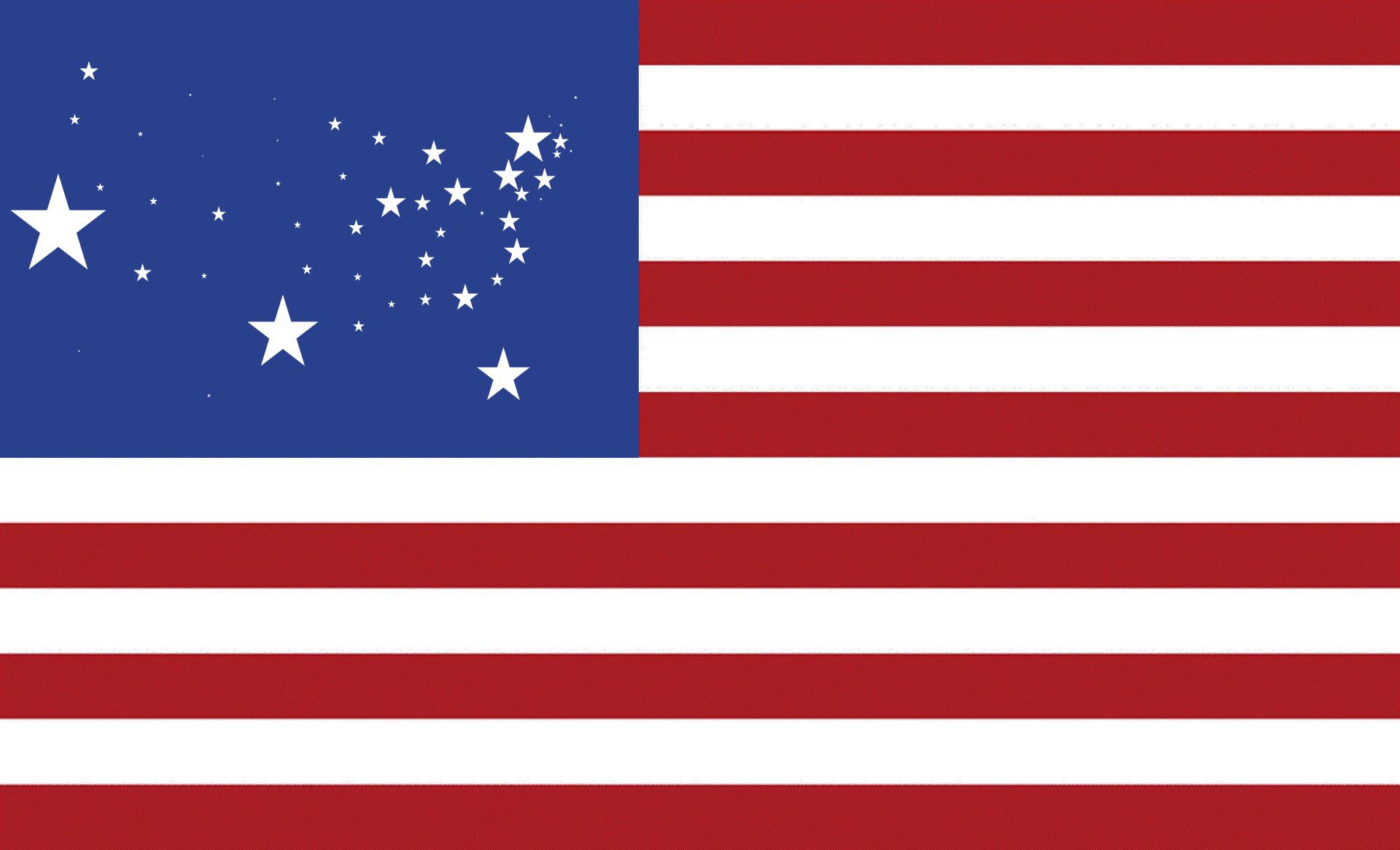— for those crafting their own prayerbooks and sharing the content of their practice
☰︎ Menu | 🔍︎ Search // Main //
🖖︎ Prayers & Praxes // 📅︎ Prayers for Civic Days on Civil Calendars // United States Civil Calendar // US Flag Day (June 14)
Sorted Chronologically (old to new). Sort most recent first? The Star-Spangled Banner (די שטערן־שטרײפיקע פאָן), the national anthem of the United States by Francis Scott Key (1814)The National Anthem of the United States of America with a Yiddish translation by Berl Lapin. . . . This prayer by Stephen Vincent Benét (1898-1943) was first publicly read in 1942 in the course of a United Nations Day speech by President Franklin D. Roosevelt. . . . Opening Prayer on the Significance of Flag Day, by Rabbi Mordecai Kaplan, J. Paul Williams, and Eugene Kohn (1951)This opening prayer for Flag Day, “The Significance of the Day,” was first published in The Faith of America: Readings, Songs, and Prayers for the Celebration of American Holidays (Jewish Reconstructionist Foundation 1951), p. 117 . . . This closing ceremony for Flag Day was first published in The Faith of America: Readings, Songs, and Prayers for the Celebration of American Holidays (Jewish Reconstructionist Foundation 1951), pp. 133-135. . . . Prayer of the Guest Chaplain of the U.S. House of Representatives: Rabbi Bernhard H. Rosenberg on 14 June 1979The Opening Prayer given in the U.S. House of Representatives on 14 June 1979. . . . Prayer of the Guest Chaplain of the U.S. House of Representatives: Rabbi Richard M.E. Marcovitz on 14 June 1984The Opening Prayer given in the U.S. House of Representatives on 14 June 1984. . . . Prayer of the Guest Chaplain of the U.S. House of Representatives: Rabbi Laszlo Berkowits on 14 June 1988The Opening Prayer given in the U.S. House of Representatives on 14 June 1988. . . . The Opening Prayer given in the U.S. Senate on 13 June 2003. . . . עַל הַנִּסִּים בִּימֵי הוֹדָיָה לְאֻמִּיִּים | Al haNissim prayer on Civic Days of Patriotic Gratitude, by Aharon VaradyOpportunities to express gratitude on civic days of patriotic thanksgiving demand acknowledgement of an almost unfathomably deep history of trauma — not only the suffering and striving of my immigrant ancestors, but the sacrifice of all those who endured suffering dealt by their struggle to survive, and often failure to survive, the oppressions dealt by colonization, conquest, hegemony, natural disaster. Only the Earth (from which we, earthlings were born, Bnei Adam from Adamah) has witnessed the constancy of the violent deprivations we inflict upon each other. The privilege I’ve inherited from these sacrifices has come at a cost, and it must be honestly acknowledged, especially on civic days of thanksgiving, independence, and freedom. I insert this prayer after Al Hanissim in the Amidah and in the Birkat Hamazon on national days of independence and thanksgiving. . . .
Stable Link:
https://opensiddur.org/index.php?cat=3234
Associated Image: (This image is set to automatically show as the "featured image" in category pages and in shared links on social media.)
Terms of Use:
Be a mentsch (a conscientious, considerate person) and adhere to the following guidelines:
Additional Notes:
Support this work:
The Open Siddur Project is a volunteer-driven, non-profit, non-commercial, non-denominational, non-prescriptive, gratis & libre Open Access archive of contemplative praxes, liturgical readings, and Jewish prayer literature (historic and contemporary, familiar and obscure) composed in every era, region, and language Jews have ever prayed. Our goal is to provide a platform for sharing open-source resources, tools, and content for individuals and communities crafting their own prayerbook (siddur). Through this we hope to empower personal autonomy, preserve customs, and foster creativity in religious culture.
ויהי נעם אדני אלהינו עלינו ומעשה ידינו כוננה עלינו ומעשה ידינו כוננהו "May the pleasantness of אדֹני our elo’ah be upon us; may our handiwork be established for us — our handiwork, may it be established." –Psalms 90:17
| ||
| Sign up for a summary of new resources shared by contributors each week
  |
